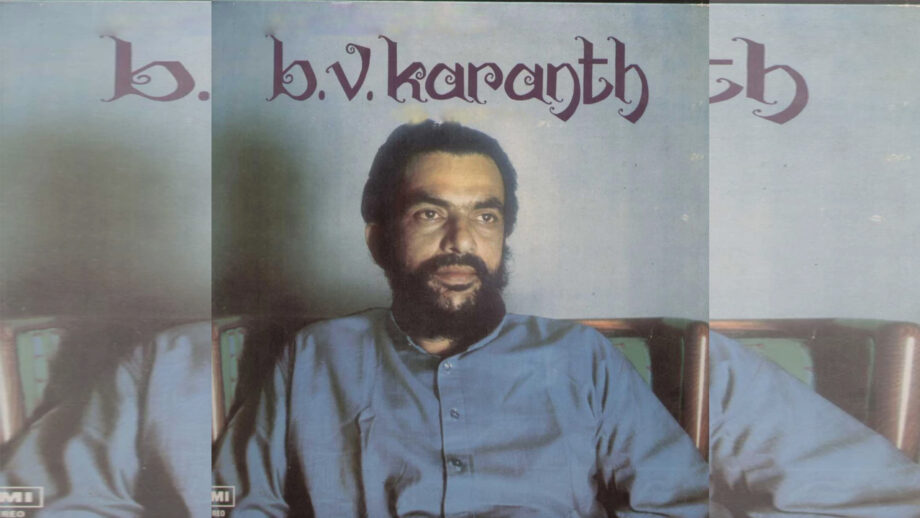Karanth is regarded as a genius of theatre by the legion of friends, co-workers and students he leaves behind in the theatre world, including in remote towns and villages of the country where he took theatre.
As much loved for his qualities of heart (his friends recall the “naivete” and “vulnerability” of his personality) as his mastery over the stage, Karanth leaves a formidable legacy not just for Kannada theatre on which of course he has left an imprint but for Indian theatre in general. “He was one of the first major all-India theatre personalities,” said Prasanna, playwright and director and a close friend of Karanth. “And people loved him. A young group of actors from Gorakhpur for whom he may have taken a theatre workshop will remember him for the rest of their lives. That is what sets Karanth apart.”
Karanth directed over a hundred plays. Of these a little over half were in Kannada; plays in Hindi followed close behind. He also directed plays in English, Telugu, Malayalam, Punjabi, Urdu, Sanskrit and Gujarati. The better known of his Kannada productions includes Hayavadana (by Girish Karnad), Kattale Belaku, Huchu Kudure, Evam Indrajit, Oedipus, Sankranti, Jokumbara Swami, Sattavara Neralu, Huttava Bidare and Gokula Nirgamana. He directed over 40 plays in Hindi, including Macbeth (using the traditional Yakshagana dance-drama form), King Lear, Chandrahasa, Hayavadana, Ghasiram Kotwal, Mrichha Katika, Mudra Rakshasa, and Malavikagni Mitra. Karanth also had a special gift for working with children on stage. He directed several children’s plays including Panchara Shale, Neeli Kudure, Heddayana, Alilu Rama and The Grateful Man.
He is an extraordinary man with immense talent, such talent is not very common to see in today’s world.


